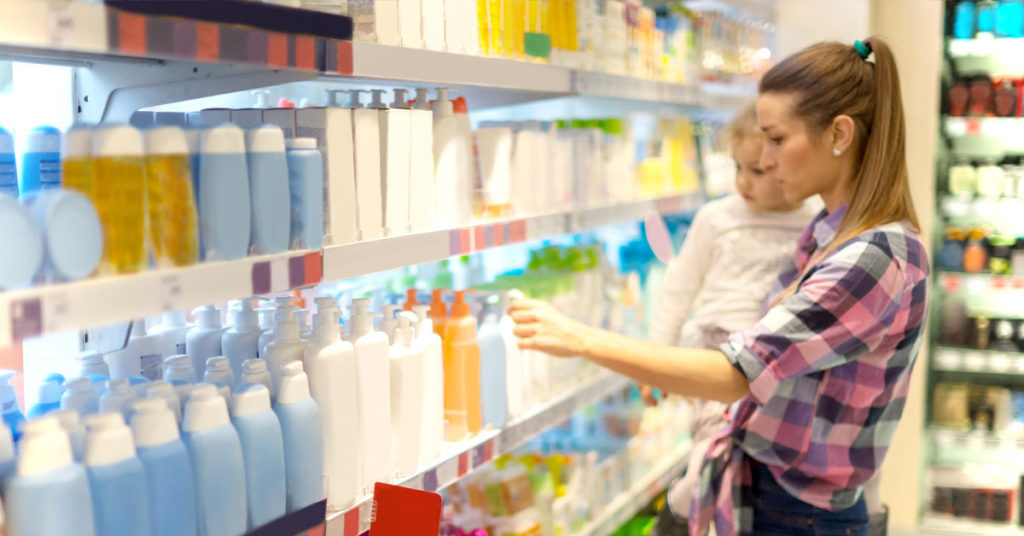Are Your Cleaning Products Ready for 1,4-Dioxane Regulations?

Manufacturers in the household cleaning, personal care and cosmetic markets need to start reformulating their products to comply with fast-approaching 1,4-dioxane regulations in New York State.
The regulations signed into law by Gov. Andrew Cuomo in December 2019 lower the acceptable amount of 1,4-dioxane allowed in cleaning products and cosmetics over the next two years.
Companies that need help reformulating their products should contact Tilley Distribution now to make sure they are in compliance by the 2022 and 2023 deadlines, as reformulations can take time.
Learn more about 1,4-Dioxane regulations
What Is 1,4-Dioxane?
The EPA has designated 1,4-dioxane as a suspected carcinogen. The toxin is more often found in dish soaps, hand and body soaps, and occasionally in hair toners and astringents.
Specific ethoxylated surfactants and emulsifiers that commonly contain 1,4-dioxane include:
- Sodium alkyl ether sulfates
- Glycol Distearate
- PEGs
- Ethoxylated alcohol/oils
Consumer products containing these ingredients likely need to be reformulated to have a smaller amount of 1,4-dioxane by the end of 2022 and an even smaller amount by the end of 2023. Details below:
The New 1,4-Dioxane Limit for Cosmetics
Under the New York regulations, cosmetic products are limited to 10 parts per million (ppm) of 1,4-dioxane in their products by Dec. 31, 2022.
Regulations on personal care products, like hand and body soaps, are even more aggressive at 2 ppm by Dec. 31, 2022, and 1 ppm by Dec. 31, 2023.
The New 1,4-Dioxane Limit for Cleaning Products
New York regulations call for all household cleaning products to limit the amount of 1,4-dioxane to 2 ppm by Dec. 31, 2022, and 1 ppm by Dec. 31, 2023.
Manufacturers who aren’t in compliance face penalties up to $1,000 per day of violation, or $2,500 per day for a second violation.
Reformulate Your Products to Comply
Impacted manufacturers must start evaluating their affected products, as more states, including California, also look to limit the amount of 1,4-dioxane in consumer products.
Tilley Distribution recommends starting with household cleaning and personal care products that contain sodium laureth sulfate (SLES). Our technical team can develop custom blending solutions to reformulate your products with new ingredients that will reduce the 1,4-dioxane in them to an acceptable level, while maintaining performance.
Contact a Tilley Distribution account manager today to start this critical process.